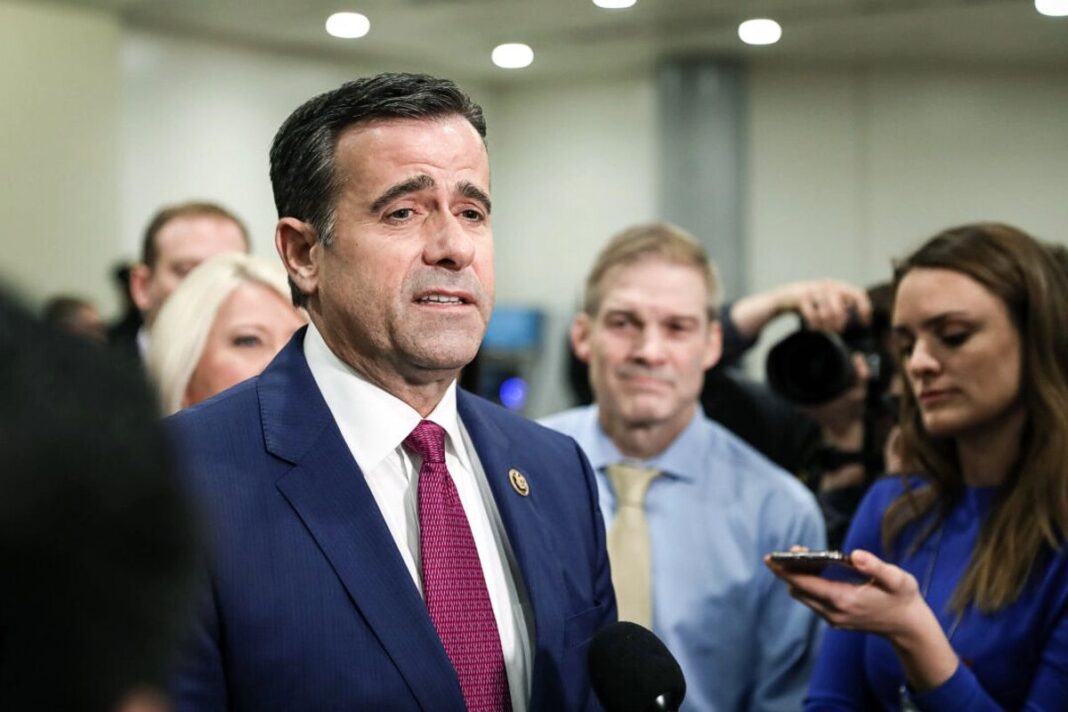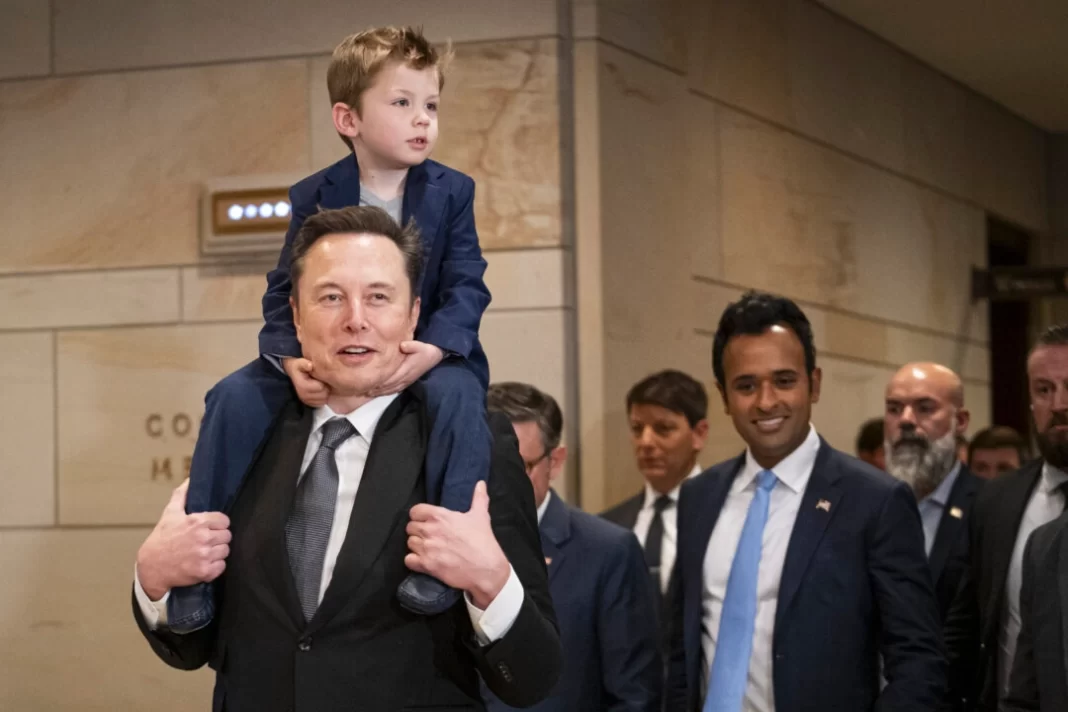A bipartisan majority in the Senate voted 74–25 on Jan. 23 to confirm the former intelligence director as the next head of the CIA.
The Senate has approved John Ratcliffe to serve as the next director of the Central Intelligence Agency (CIA).
A bipartisan majority in the Senate voted 74–25 on Jan. 23 to confirm the former intelligence director as the next head of the CIA, following a brief delay in the confirmation process.
Ratcliffe is the second of President Donald Trump’s appointees to be confirmed by the Senate, following Marco Rubio’s unanimous confirmation as secretary of state on Jan. 20.
Though Ratcliffe’s appointment was swiftly approved by the Senate Select Committee on Intelligence in a 14–3 vote, a small group of Senate Democrats sought to torpedo the nomination in the eleventh hour, forcing the vote open to a lengthier debate process.
Senate intelligence committee Chair Sen. Tom Cotton (R-Ark.) and Vice Chair Sen. Mark Warner (D-Va.) previously urged the Senate to take up Ratcliffe’s nomination with haste following the committee’s approval.
In a joint statement shared with The Epoch Times, the pair said that the global geopolitical situation was “far too dangerous” to delay Ratcliffe’s nomination.
Speaking on the Senate floor on Jan. 21, however, Sen. Ron Wyden (D-Ore.) said that he “strongly opposed the nomination,” and believed Ratcliffe was overly inclined to partisanship and would prioritize “doing what would please Donald Trump” over being truthful and enforcing the law.
Cotton rebuffed Warner on the floor, accusing the small group of Democrats of conspiring to delay the confirmation of the president’s appointees in order to undermine Trump’s ability to realize his policy platform.
Despite the hiccup, Senate Majority Leader John Thune (R-S.D.) said that Ratcliffe had wide bipartisan support and a sound track record on intelligence matters.
“Mr. Ratcliffe, like Secretary Rubio, earned bipartisan support after his confirmation hearing last week,” Thune said on Jan. 21.
“He will bring valuable knowledge and experience to his new post, including from his time on the House intelligence committee and as director of national intelligence under Trump’s first administration,” he added.









